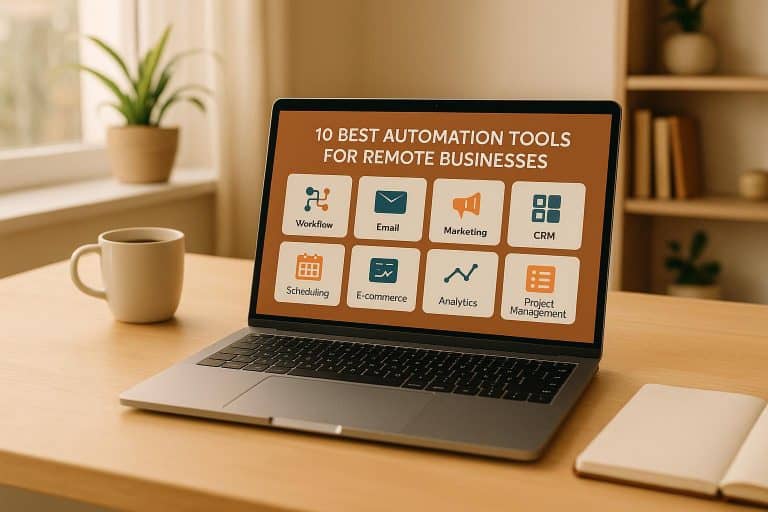Do you know how to protect your personal assets as an LLC owner? Forming a limited liability company is a crucial step to safeguarding your investments from being used to settle business debts, but the strategies challenge beginners.
LLC asset protection strategies such as maintaining proper insurance and keeping personal and business finances separate can protect your personal assets from creditors and financial institutions.
Are you an entrepreneur seeking to protect your personal assets as an LLC owner? Join us as we discuss everything beginners should know about the process here. Let’s get started.
Understanding LLC asset protection
Limited Liability Company (LLC) asset protection refers to the benefits and legal structure the organization provides its owners or members. An LLC is a business entity combining the pass-through taxation and flexibility of a sole proprietorship or partnership and the limited liability protection of a corporation.
Asset protection is one of the LLC’s structural advantages. It means the personal investments of its members are protected from business debts and financial liabilities. If the organization faces a lawsuit, you can prevent the authorities from using your savings, cars, and homes to pay off customers or settle legal claims.
Here’s how LLC asset protection works:
Limited Liability: It signifies that members are not personally liable for the business obligations and debts. If the LLC faces lawsuits or financial losses, shareholders’ liability has limitations to their contributions. Their assets don’t associate with business-related risks.
Separate Legal Entity: A limited liability company is often considered a separate legal entity from its members or owners. This separation differentiates both parties legally. Consequently, the LLC’s legal liabilities and debts are its own and don’t affect shareholders’ personal assets.
Exceptions to Asset Protection: While limited liability companies offer asset protection, it may sometimes not apply to some online company formation. Below are a few:
- Personal guarantees: If the limited liability company owner provides a personal guarantee for a business obligation or loan, they’re liable for that debt.
- Fraudulent or Illegal activities: LLC members cannot enjoy the asset protection benefits if they engage the company in fraudulent or illegal activities.
Protect your personal assets as an LLC owner: How to do it?
Obtaining insurance, maintaining the company as an independent entity, and establishing credit are ways to protect your personal asset as an LLC owner. Keeping enough money in the organization and exploring creditors’ strategies are also crucial after setting up a company online. Let’s dig into the details:
1. Obtain LLC Insurance
The first step to protecting your personal asset as a limited liability company owner is to obtain insurance for the business entity. If anyone accuses you of wrongdoing and files a lawsuit, whether defrauding a customer or negligently maintaining your building, the organization won’t protect you from personal liabilities.
The lawsuit in these cases is usually financially devastating. But that’s why obtaining a good liability insurance policy is excellent. Ensure you have one that covers you and the business in legal disputes.
2. Manage the LLC as an independent entity.
Shareholders mixing corporate and personal assets can sometimes be personally liable as the company’s “alter ego.” Some courts even extend this liability to LLC business owners.
To reduce the chances of this liability, consider keeping your personal finances separate from the LLC’s expenses and records. The company formation online should have credit cards and bank accounts to its name.
Purchase orders, invoices, and contracts should always represent the organization and be signed on behalf of the LLC. It helps everyone associated with the business know they’re working with an independent entity and not directly with you.
3. Establish LLC Credit
Establishing credit is another excellent way to protect your personal assets as an LLC owner. Most small business and startup owners are liable for the organization due to personal guarantees. If you give your word on a loan or lease, you agree to remit payments if the company cannot.
Sometimes, you might pledge your home as collateral for a business loan. Financial institutions or creditors may satisfy the debt with your assets if the limited liability company defaults on the obligation.
But you can avoid giving guarantees by establishing credit in the limited liability company name. Furthermore, consider showing a track record of profit and revenue and pay your bills on time.
4. Keep enough money in the company.
If a customer or anyone sues your limited liability company, you can use the money available to satisfy the debts, not your personal assets. Consider keeping funds in the business entity to limit your vulnerability and business weakness.
However, there are a few essential limitations. If you owe a creditor and send funds out of the company, it might be regarded as a fraudulent transaction transfer. But if you don’t have enough money to meet the expenses, a court may hold you liable on the alter ego theory for undercapitalizing the business.
Protect your personal assets as an LLC owner: Key Takeaways
After learning how to protect your personal assets as an LLC owner, it’s time to take proactive decisions. Remember that your home, cars, and savings can still be at risk for the company’s obligations if you are sued for personal guarantee or wrongdoing.
Some US states let you put assets into a trust, protecting them from creditors. Doing it years before lawsuits arise from unpaid debts would be best. You might safeguard your retirement accounts and primary residence with this strategy.
It’s advisable to consult with a bankruptcy or estate planning attorney to determine if you can structure assets to shield them from business obligations and liabilities.








